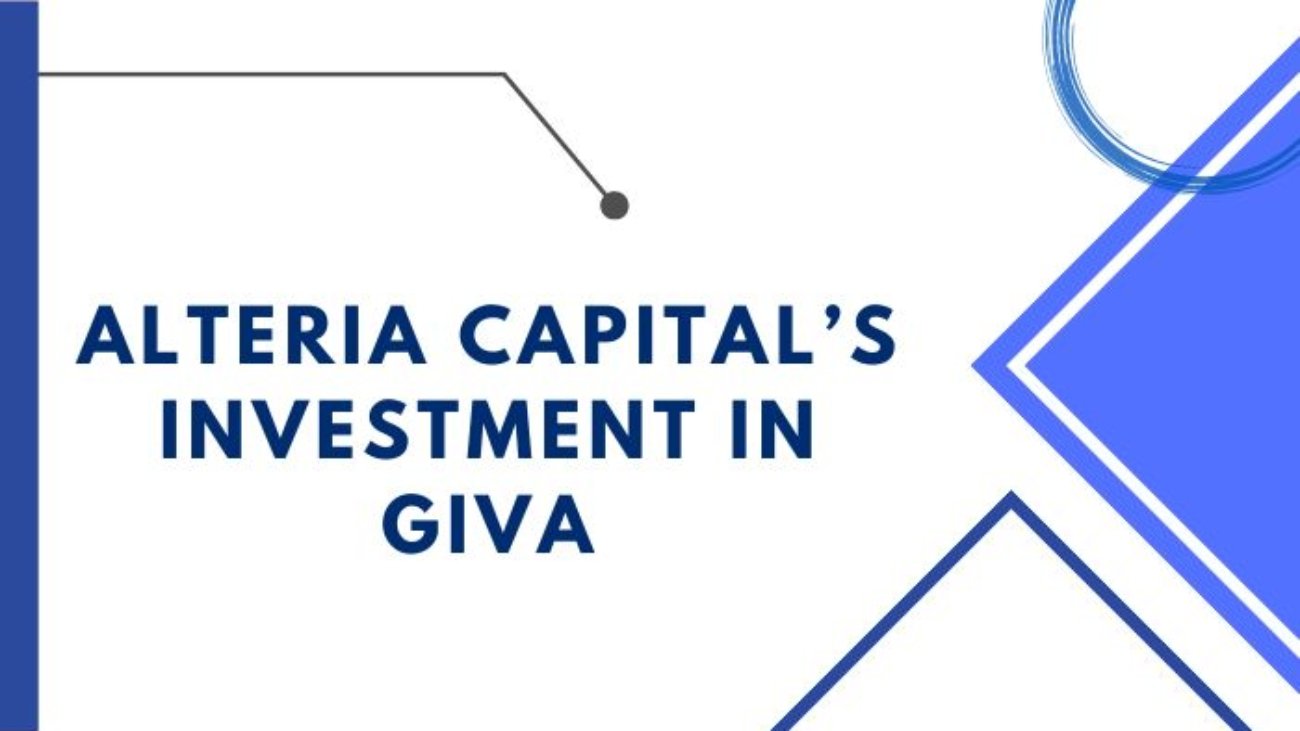Binny Bansal, the co-founder of Flipkart, has made a strategic investment in PhonePe, a mobile payments platform. This move is expected to have a major impact on the Indian fintech market and could potentially revolutionize the way digital payments are made in India. This article will take a closer look at this investment and how it can affect the Indian fintech market.
We will discuss how PhonePe’s technology and services can be used to create new opportunities for businesses, as well as explore some of the potential use cases for this technology. Additionally, we will analyze what this investment means for other players in the Indian fintech space and how it could shape their strategies going forward.
Binny Bansal and What is PhonePe
Binny Bansal is the co-founder of Flipkart, one of India’s leading e-commerce companies. He is also the founder and CEO of PhonePe, a digital payments platform based in India. PhonePe is a mobile wallet and payment app that enables users to pay for goods and services using their phones.
It was launched in 2016 and has since become one of the most popular digital payment platforms in India. With PhonePe, users can send money to friends and family, recharge their phones, pay utility bills, book tickets online and more. The platform also offers discounts on various products and services when they are paid for using PhonePe.
PhonePe and Its Exponential Growth in the Indian Fintech Market
PhonePe, a leading Indian fintech company, has seen a meteoric rise in the past few years. The company has revolutionized the way Indians pay for goods and services. It has become one of the most popular digital payment solutions in India with its innovative features and convenient payment methods.
The success of PhonePe can be attributed to its ability to leverage technology to offer customers an intuitive, secure and seamless payment experience. Through its mobile wallet platform, users can securely store their money and make payments through a variety of options such as UPI, debit cards or net banking. Additionally, it also provides various other services such as bill payments, recharge facilities and utility payments that makes it an attractive option for customers.
PhonePe’s exponential growth in the Indian fintech market is testament to its success in providing customers with a reliable and efficient digital payment solution. It has become an integral part of many people’s lives by making financial transactions easier than ever before.
What Benefits Will Binny Bansal’s Investment Bring to PhonePe
Binny Bansal’s recent investment in PhonePe has been seen as a major boost to the company. This strategic move will bring numerous benefits to PhonePe, such as increased financial stability and access to more resources. Additionally, it will also open up new opportunities for expansion and growth of the company in terms of product development, customer service, and marketing. With this investment, PhonePe can now leverage its capabilities to reach out to more customers and provide them with innovative solutions that can help them meet their financial needs.
How can Other Companies Benefit from Investing in PhonePe?
PhonePe is a digital payment platform that provides a secure and convenient way to make payments. It has quickly become one of the most popular mobile wallets in India, and its success has made it an attractive investment opportunity for other companies. This article will explore how other companies can benefit from investing in PhonePe, including the potential use cases of its services, its potential growth opportunities, and the advantages it offers over traditional payment methods. By understanding these benefits, companies can make informed decisions about whether to invest in PhonePe or not.
Key Points
- Binny Bansal, a co-founder of Flipkart, is in discussions to invest between $100 and $150 million in the financial services and digital payments firm PhonePe as part of an ongoing financing round.
- Sachin Bansal, a co-founder of Flipkart, invested $100 million, or Rs 740 crore, in Ola in 2018.
- Although the precise investment amount has not yet been finalised, the article stated that negotiations are advanced and anticipated to conclude soon.
- Bansal, Tiger Global, Qatar Investment Authority, China’s Tencent, and Microsoft, which are already shareholders in Walmart-owned Flipkart, were anticipated to acquire a stake in PhonePe as the business put together a new ownership structure.
- Walmart still holds a 70% stake in PhonePe, making it the company with the greatest investment.
- At a pre-money valuation of $12 billion, PhonePe raised $100 million in additional funding last month from Tiger Global, Ribbit Capital, and TVS Capital Funds. This money will be used to expand the company’s payments and insurance operations in India as well as to start and grow new ventures in the lending, stockbroking, ONDC-based shopping, and account aggregation sectors over the coming years.
- In the UPI network, PhonePe competes with online payment services like Google Pay, Amazon Pay, Paytm, and WhatsApp Pay.
- Sameer Nigam, Rahul Chari, and Burzin Engineer, three former Flipkart executives who founded PhonePe in 2015, assert that it has more than 400 million customers worldwide.
- PhonePe reported a net loss for FY22 of Rs 2,014 crore, up from Rs 1,729 crore in FY21, while operating revenue increased to Rs 1,646 crore. The costs also skyrocketed, reaching Rs 3,705.6 crore. In terms of individual units, PhonePe spent Rs 2.25 to make one rupee in FY22.
- PhonePe is worth $12 billion, while its listed rival Paytm has a $4.24 billion market capitalization. The fintech business created by Vijay Shekhar Sharma also recorded a net loss for FY22 of Rs 2,325 crore, but its revenue increased to Rs 3,892.40 crore, outpacing PhonePe’s.










